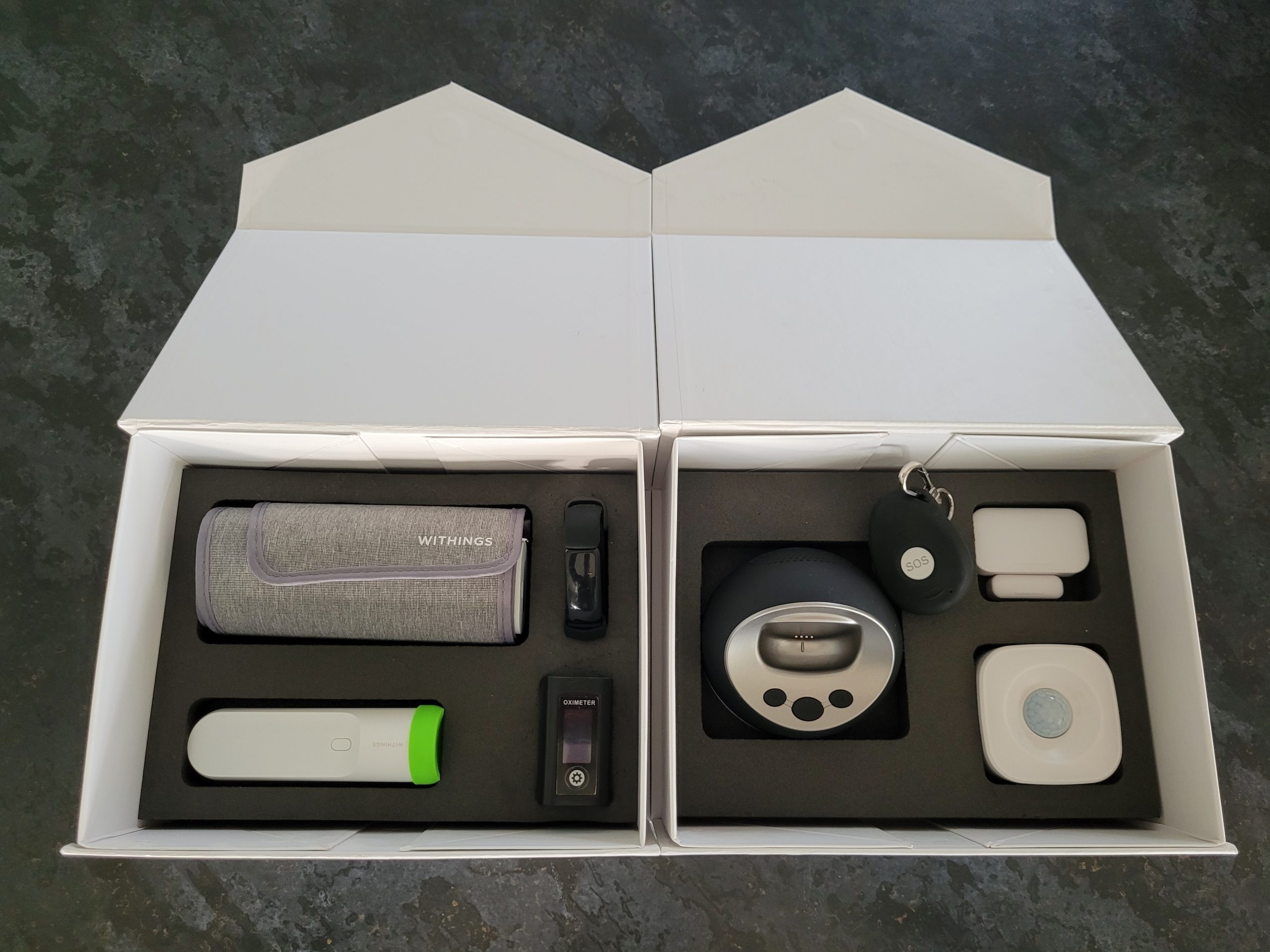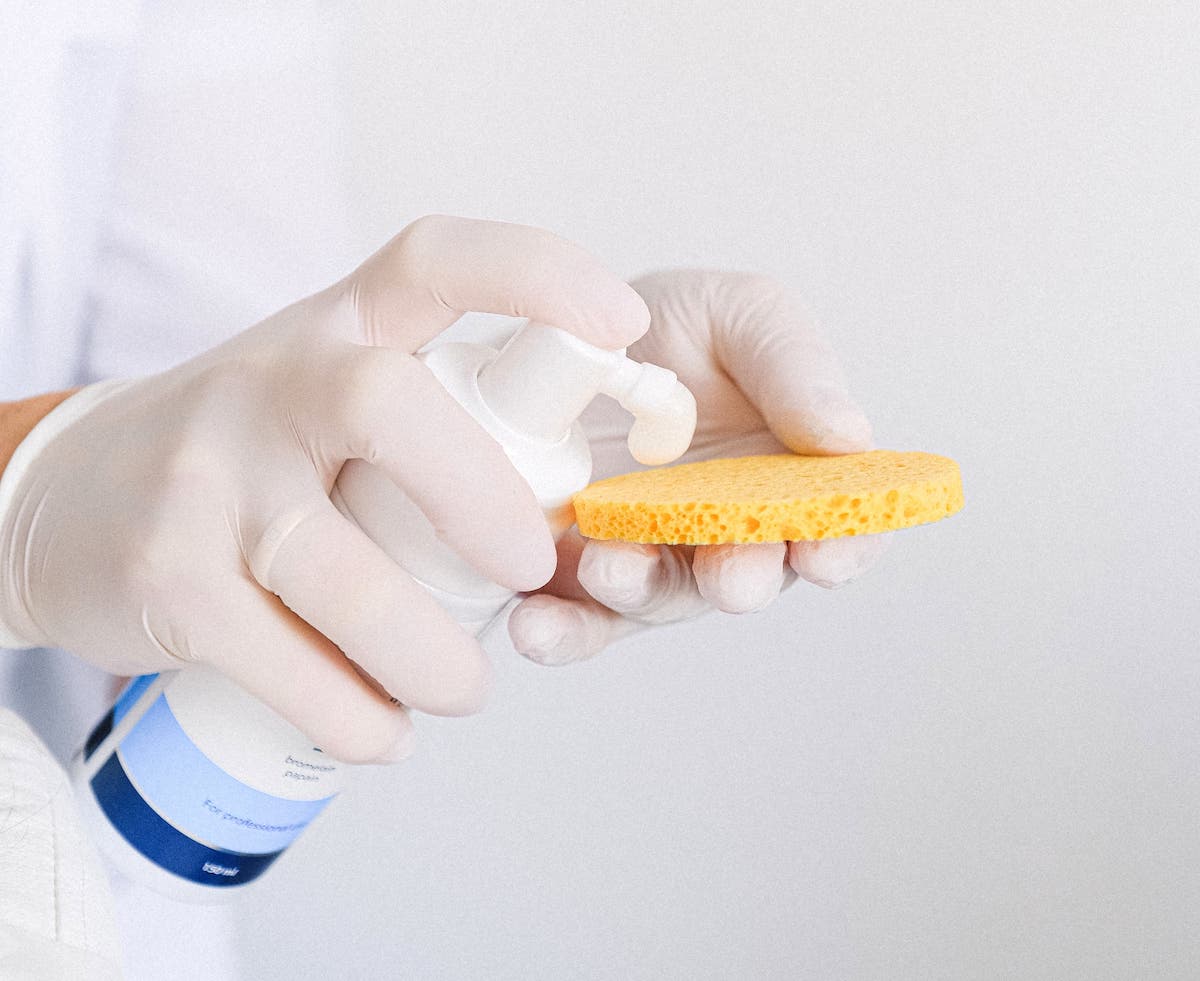Have you ever had someone complain to you about your snoring? Have you missed out on a good night’s sleep due to your partner snoring like an aircraft about to take off?!!
Believe it or not it is a problem that affects more of the population than we realise, around 30%!! and a problem for those who are cranky the next day from lack of sleep!
Men and those overweight are mostly likely to suffer from snoring. It can happen nightly or intermittently, either way it can be a nuisance for both genders.
Heart disease is believed to be linked in some way to snoring due to the adverse effects sleep deprivation can have on one’s heart. And almost half of the people who snore also suffer from sleep apnea.
As you sleep your throat becomes narrow and floppy and as you breathe the walls of your throat start to vibrate. These vibrations lead to the noise of what we know as snoring. The narrower your airway becomes, the greater the vibration and hence louder snoring.
If the walls of the throat completely collapse, which sometimes can happen – this can result in the cessation of breathing and is called Sleep Apnea. This is a serious condition that needs medical attention
There are many factors that can lead to excessive snoring such as the natural aging process leads to the relaxation of the throat muscles, which leads to snoring.
Anatomical abnormalities to the throat and nose such as enlarged tonsils or adenoids exaggerate the narrowing of throat during sleep which again leads to snoring.
Sleep positions can also lead to snoring such as sleeping on your back. Alcohol relaxes your muscles as well hence leading to snoring.
Symptoms of Snoring
Everyone knows what snoring sounds like and how annoying it can be. It has been described as a vibrating, rattling sometimes floor shaken sound that one makes while breathing when asleep.
It can be a symptom of sleep apnea so do consult your doctor should you have any concerns or suffer excessively with one or more of the following symptoms.
- Excessive daytime sleepiness
- Morning Headaches
- Recent weight gain
- Worsening levels of attention, concentration or memory.
- Observed pauses in breathing while asleep.
What is the treatment?
If you have excessive snoring you are best advised to consult your GP where they will perform a physical examination and advise you of the best possible treatment or refer you to a consultant to check for sleep apnea.
If it happens occasionally or maybe when you drink alcohol, here are a few things that you can try out at home.
- Lifestyle Modification: try to avoid risk factors such as alcohol, maybe sleep position training, treatment of allergies etc….
- Surgery: This should be the last resort but surgery at the back of the throat and roof of the mouth and sometimes the nose can help sort the issue.
- Appliances: these mainly include oral appliances constructed by a dentist that is experienced in the treatment of snoring and sleep apnea but also things like a nasal dilator.
- Lastly, a CPAP (a continuous positive airway pressure) appliance which blows room air into the back of the throat and preventing its collapse.
CPAP is the method of choice when combating sleep apnea. If you are diagnosed with sleep apnea it is very important you treat it aggressively. Untreated sleep apnea will lead to daytime dysfunction and puts you at a higher risk of vascular disease.
Coping with snoring
People who suffer from mild and/or occasional snoring, who wake up feeling refreshed, and function well during the day need not worry but may want to try some behaviour modifications before consulting a doctor:
- Maybe lose some weight
- Avoid sleeping pills, antihistamines & tranquilizers before bedtime.
- Avoid alcohol for about 4 hours before bed and heavy meals for at least 3 hours before bedtime.
- Try establish regular sleeping patterns.
- Sleep on your side.





